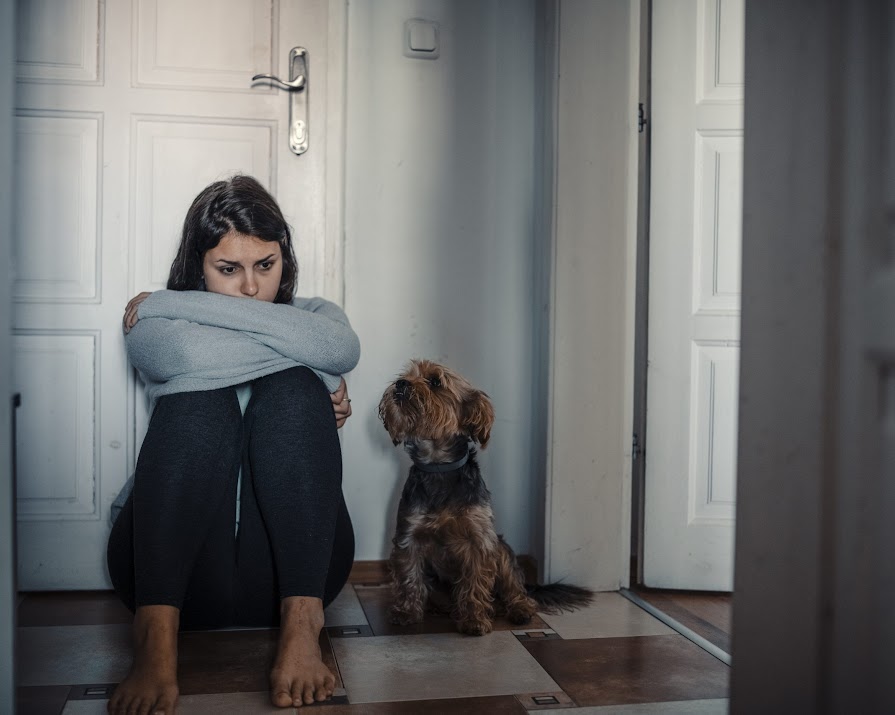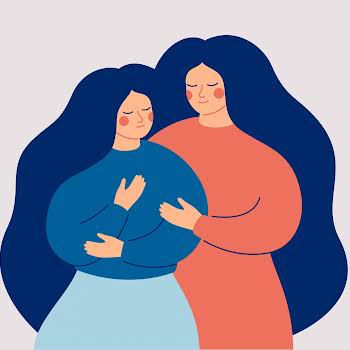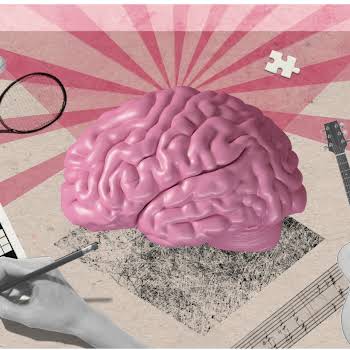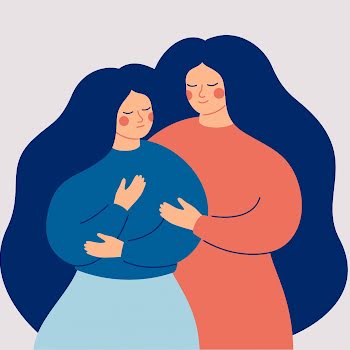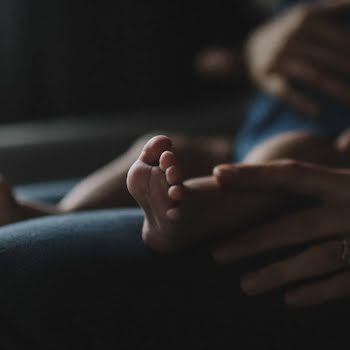
‘Why are we so starved of support?’: The reality of an eating disorder in Ireland
By Michelle Heffernan
07th May 2021
07th May 2021
The tragic recent death of Nikki Grahame is sadly not uncommon. With the highest mortality rate of any mental illness, eating disorder numbers have skyrocketed during the pandemic and yet there are only three dedicated beds in Ireland.
“It could have been me.”
That was the first thought that entered my mind when I read of the death of Nikki Grahame. There was a time in my life that mental illness almost led me to an early grave. And it wasn’t schizophrenia, depression or anxiety. Like Nikki, it was an eating disorder.
In 2008, I was a shadow of the woman I am today. With a BMI of 14, I was admitted to the St. Patrick’s Hospital Eating Disorder Unit with a diagnosis of anorexia nervosa. After months of personalised treatment, I was finally discharged and was well enough to actually work, study, to live again. If I did not receive that specialised clinical treatment, I don’t think I would be alive today. And it was all because my family had private health insurance.
Advertisement
Eating disorders still carry the highest mortality rate of any mental illness.
According to the Irish Medical Journal, last year there was a 66% increase in the rate of hospital admissions in Ireland due to eating disorders. Eating disorders still carry the highest mortality rate of any mental illness. In my time in hospital, I saw patients go into cardiac arrest, attempt suicide; indeed one of the women who shared a dormitory with me is now dead. Every time I hear about it, I know it could have been me. Why are people so starved of support? Why are EDs increasing so alarmingly and how many more will die because we are failing to take this seriously?
The woman best positioned to explain an eating disorder, is the woman who took on mine. Teresa Moorhead is a Mental Health & Psychotherapy Practitioner who has worked in the field of eating disorders and trauma for the last 20 years. She was also my individual nurse during my time in St. Patrick’s and she fought my anorexia as if it were her own body she was trying to save.
An eating disorder, says Teresa, “is a solution for a person who has an unregulated nervous system. It is an attempt to regulate, or cut off, feelings like sadness, shame or anger. It is a powerful distraction and focus that takes away from any capacity to focus on what really is going on for the person.”
Advertisement
If a person is in recovery from an ED, the pandemic amplifies a nervous system that is already hyper agitated.
My anorexia was borne out of feelings of worthlessness, and lack of control over the negative events in my life. Similarly, in the climate of a global pandemic, an eating disorder can emerge as a coping mechanism. “The feeling of the world being out of control is threatening and therefore food and other compensatory behaviours allow the person control and omnipotence over one area of their life,” Teresa says. Similarly, if a person is in recovery from an ED, the pandemic amplifies a nervous system that is already hyper agitated. Feeling overwhelmed again, old habits emerge, causing a cascade of eating disorder relapses across the world.
Mark Smyth is a Clinical Psychologist with CAMHS and is distressed by what he sees as an alarming rate of eating disorder patients referred to his service. “I am seeing more people presenting with eating disorders or disordered eating behaviours than at any previous time in my 18 years of clinical practice”, Mark says. Worse, it is not just the teenagers Marks sees who are distressed, it is their families too. “Parents of young people who have eating disorders are terrified about their children, they can feel powerless, frustrated and helpless,” Mark says. “They want to help their children who are utterly overwhelmed by fear of putting on weight but don’t know how.”
Advertisement
In 2018, there was some hope that EDs were finally being addressed when the HSE allocated €1.5m to its Model of Care for Eating Disorders. But to this day, a mere €137,000 has been spent.
I know that it takes tremendous support, and specialised treatment to even attempt to reduce the impact of an eating disorder on a person’s life. Recovery is a long and challenging road. In 2018, there was some hope that EDs were finally being addressed when the HSE allocated €1.5m to its Model of Care for Eating Disorders. But to this day, a mere €137,000 has been spent. The funds have been diverted to “prop up” other health care services, and there are currently still just three dedicated beds in the whole country for adults with eating disorders.
While lack of funding can be discouraging, there are still key supports a person with an eating disorder can access. The National Eating Disorders Association, Bodywhys, continues to offer free advice and information to persons and families affected by eating disorders. The HSE Self Care App for persons with Eating Disorders can provide additional support, and the plan for 16 outpatient treatment hubs (8 for adults, and 8 for children), continues to be rolled out.
However, both Teresa and myself would underline that if you believe you are dealing with an eating disorder –you need to act now and you cannot walk this road alone. Sourcing a therapist and engaging with a dietician in recovery is crucial and your GP can advise on the best ways to access these. Reflecting on her years of treating patients with EDs Teresa remains positive recovery is always possible. “I have had the greatest honour of my life in seeing those who, against all odds, found peace and health after decades of ED struggles,” she says. And I myself can only say to you too, having come out the other side, that no, it is not easy but my God, it is so worth it.
Advertisement
Michelle Heffernan’s documentary on Eating Disorders “The Truth About Eating Disorders” was nominated for the Headline Media Award for Long Form Broadcasting in 2020. You can listen to it here.
Visit Bodywhys or call 01 2107906 for information and support relating to Eating Disorders, psychologicalsociety.ie or iahip.org to find a psychologist or psychotherapist or indi.ie to browse registered dietitians











